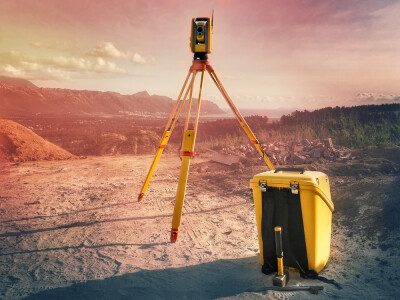Earlier this month, the Washington think tank Foundation for Defense of Democracies (FDD) released a report in which they called for a ban of Chinese-made lidar sensors for American defense equipment. The report, entitled Laser Focus: Countering China’s LiDAR Threat to U.S. Critical Infrastructure and Military Systems, claims that lidar “stands at the center of Beijing’s bid for technological superiority,” and says the technology’s “ability to collect and transmit precise spatial data makes it a prime tool for espionage and sabotage.”
The report details the mechanics of lidar and some of the security risks posed by the technology, which has grown in usage across many sectors over the last few years. While there is a significant focus on military-based systems, FDD also calls out critical infrastructure as a space in which lidar is heavily used. Today, Chinese-based companies make up a majority of the lidar sensor supply market, according to a 2023 report that indicates these companies accounted for over 65 percent of global lidar sales. That includes Hesai, who the U.S. Department of Defense put back on their list of companies who work with the Chinese military earlier this year.
Ultimately, the report recommends prioritizing lidar in “America’s broader industrial policy,” and fostering domestic lidar competition. These are just recommendations from one think tank, but there have already been proposed bills in the United States this year, including one from Representative Elissa Slotkin (D-MI) that, among other provisions, would block the Department of Defense from buying Chinese-made lidar. FDD has previously advised President-Elect Donald Trump on matters of foreign policy, and according to reporting from Politico the organization had “close ties to many key Trump officials” in his first administration.
The recommendations follow a wave of focus against Chinese-based companies in the U.S. across all industries amid growing tensions between the two nations. Social media platform TikTok, owned by Chinese-owned ByteDance, is in the middle of a lengthy legal process after the U.S. government told the company they must divest their American portfolio or be banned from the country. More relevant to the geospatial industry, UAV giant DJI has been put under the microscope by U.S. legislators and faces a potential de facto ban for many of their drones.
As of now, this is one report put out by one think tank, and outside of the aforementioned bill there hasn’t been much movement within the U.S. government around the lidar industry. That said, given trends we’re seeing around Chinese-owned companies operating in the United States and changing legislative and executive branches within the American government, it’s worth monitoring traction around this over the next 12 months.






